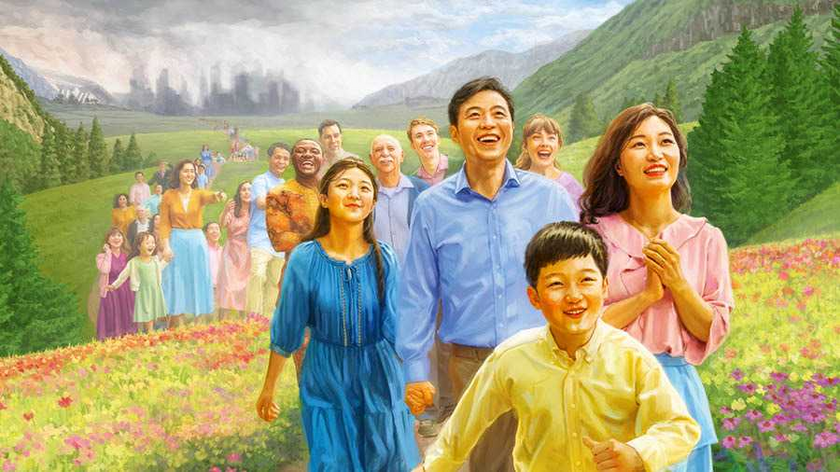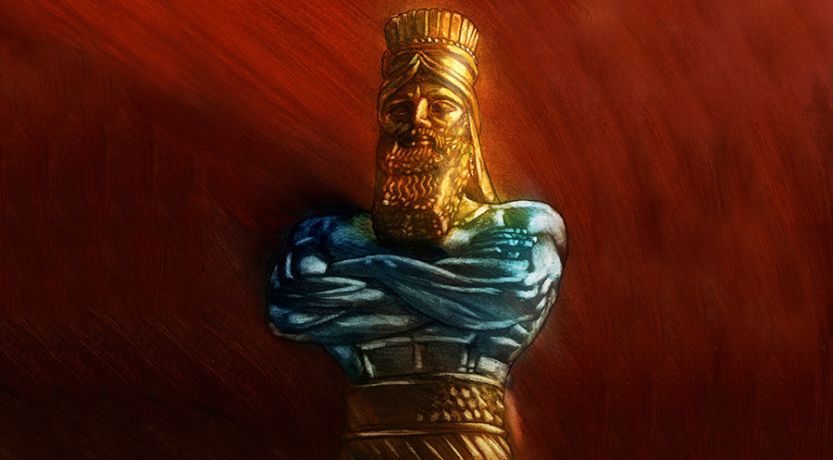CHRIST himself introduced the subject of being “born again.” It is a subject that, down through the centuries, has been little understood. Many religious teachers today hold to the view that if one is not “born again” there is no salvation. In other words, being “born again,” they say, is the only way to salvation. Supporters of this teaching readily point to Jesus’ words, those words he spoke one night to Nicodemus: “Most truly I say to you, Unless anyone is born again, he cannot see the kingdom of God.” (John 3:3, NW) Did Jesus here mean that it is necessary for anyone who hopes for life to be “born again”? What really does it mean to be “born again”?
To understand what it means to be “born again” one must know who are “born again.” Note carefully that, in discussing this matter, Jesus did not say that all who would gain everlasting life must be “born again.” Rather, what he said was that unless one was “born again” he could not see the “kingdom of God.” Now the kingdom of God is heavenly. Jehovah has purposed that the Kingdom be the capital or ruling part of his universal organization. Jehovah also purposed that a limited number, taken from among mankind, would reign with Christ Jesus as associate kings. For this sublime privilege they must be resurrected and given spirit bodies, since, as the apostle said, “flesh and blood cannot inherit God’s kingdom.” That the Father has set a limitation on the number of those who will reign with his Son in the heavenly kingdom is manifest from Jesus’ words: “Have no fear, little flock, because your Father has approved of giving you the kingdom.” The exact number of the “little flock” approved by the Father to be Kingdom heirs was not known until Christ, through an angel, revealed it to be 144,000 “who have been purchased from the earth.” This “little flock” of 144,000 Kingdom heirs, then, are those ones from among mankind who are “born again.”—1 Cor. 15:50; Luke 12:32; Rev. 14:1-3, NW.
Hence it is a gross twisting of the Scriptures to throw open Jesus’ words at John 3:3 to make them embrace all mankind. This is because the vast majority of mankind who receive salvation will not be part of the “kingdom of God” but will live on the earth under the rule of God’s kingdom. For in addition to his “little flock” of Kingdom heirs Jesus has his “other sheep, which are not of this fold”; that is, they are not of the little fold. The number of these “other sheep” is not limited. Today a “great crowd” of these “other sheep” has been gathered into Jehovah’s New World society: “A great crowd, which no man was able to number, out of all nations and tribes and peoples and tongues.” This “great crowd” of people are not “born again,” nor do they need to be “born again,” because they gain everlasting life on the earth.—John 10:16; Rev. 7:9, NW.
https://wol.jw.org/en/wol/d/r1/lp-e/1954842
Christ’s sacrifice provides salvation not only for those who are born again as the ones who will rule with Christ in heaven but also for the earthly subjects of God’s Kingdom. (1 John 2:1, 2; Revelation 5:9, 10) That second group of Christians have the opportunity to live forever in Paradise on earth.—Psalm 37:29; Matthew 6:9, 10; Revelation 21:1-5.
https://www.jw.org/en/bible-teachings/questions/what-does-it-mean-to-be-born-again/


























